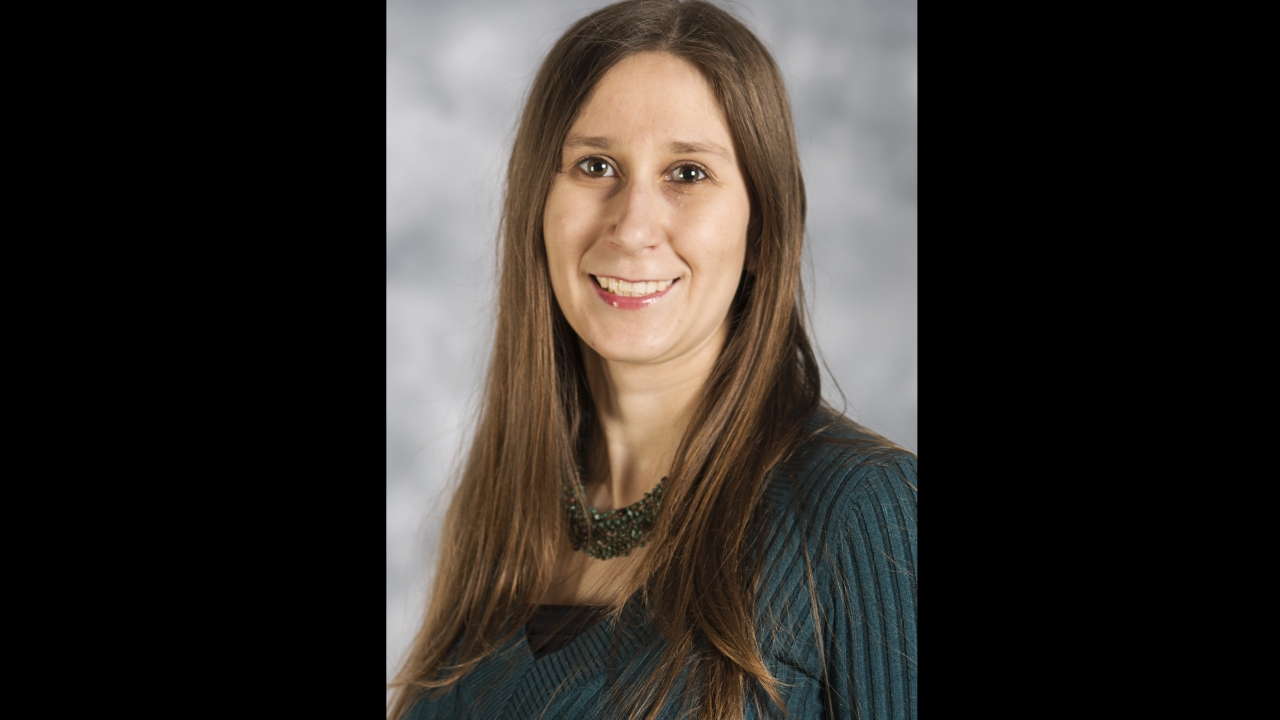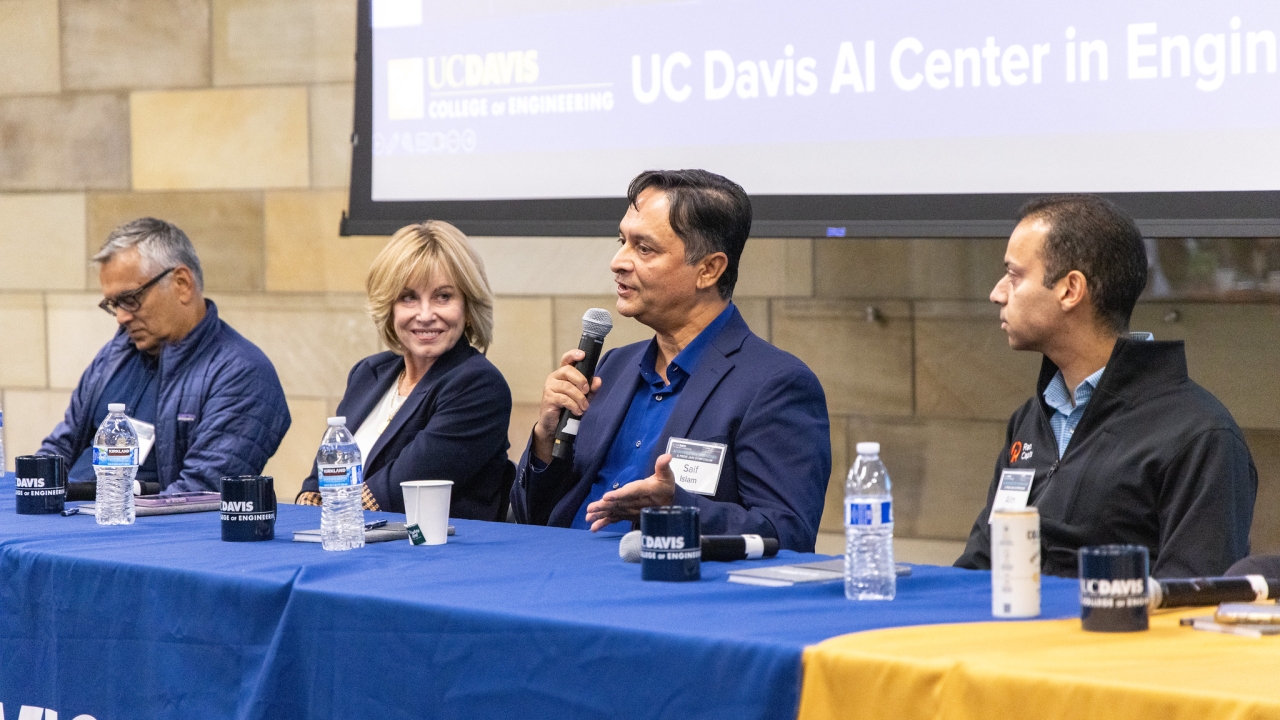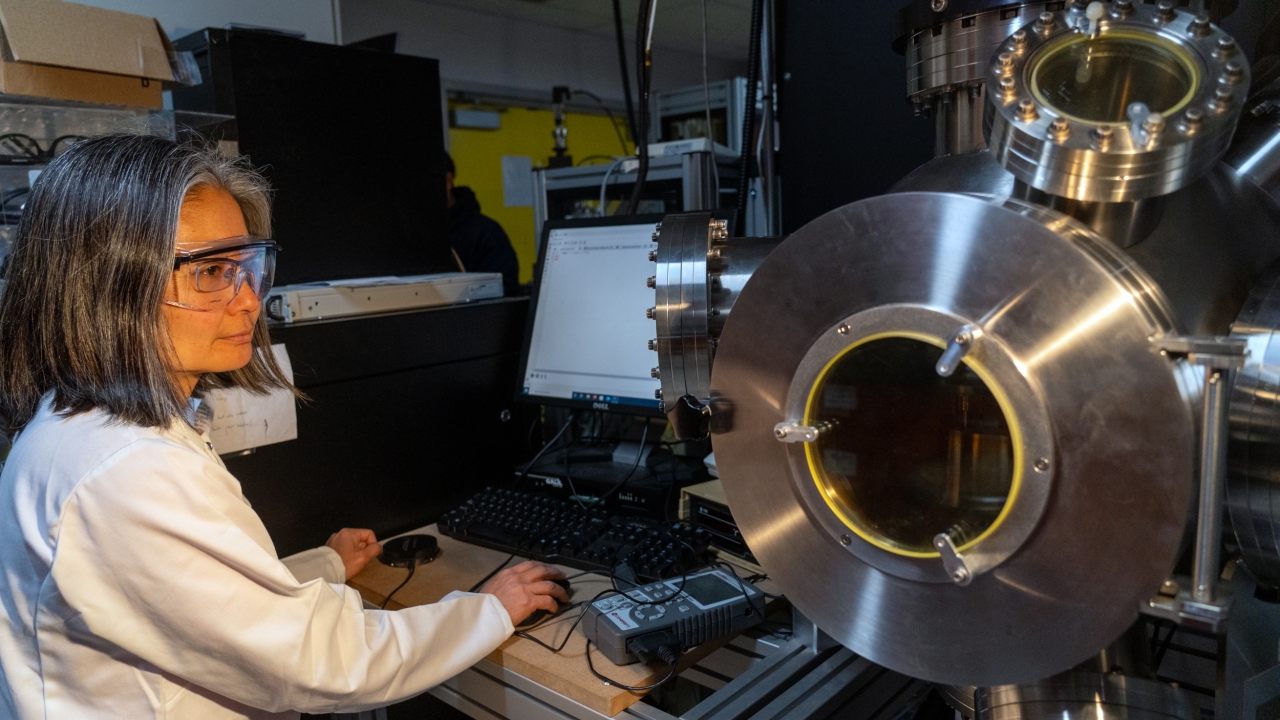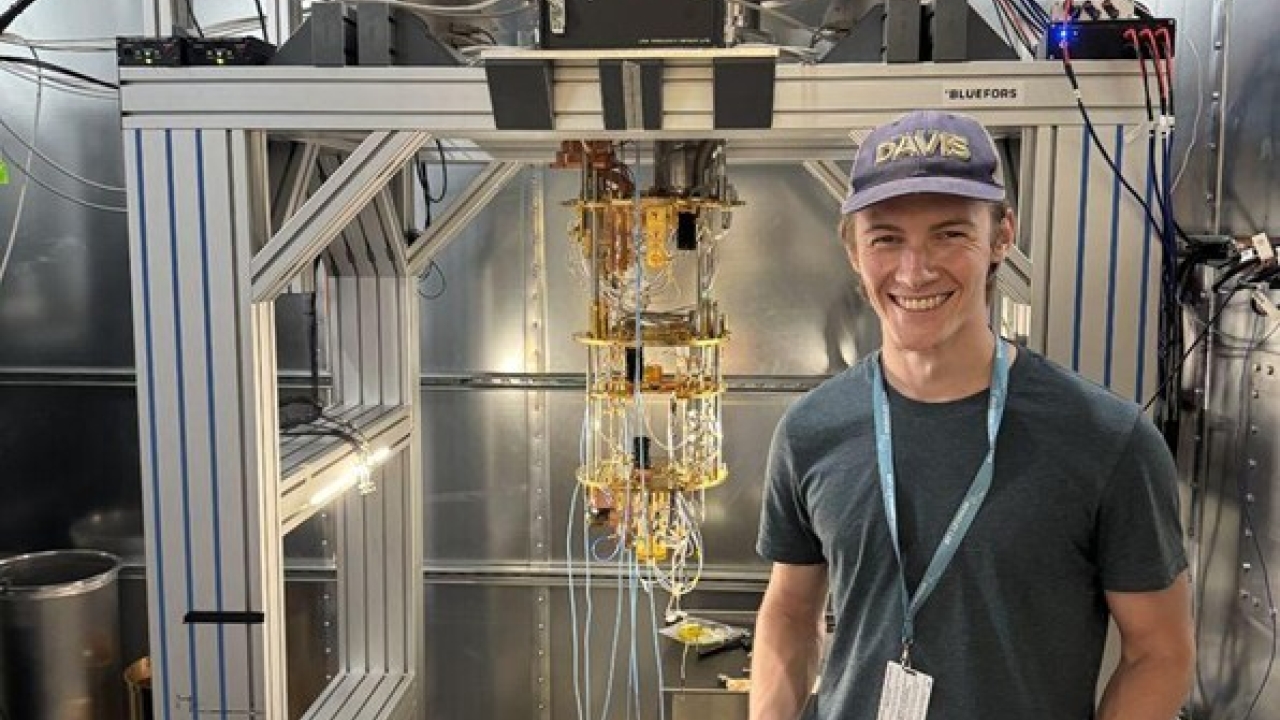
Colleen Bronner: A DEI Champion in the College of Engineering
Colleen E. Bronner, an associate professor of teaching and vice-chair of undergraduate studies in the Department of Civil and Environmental Engineering, is a champion of diversity, equity and inclusion (DEI) at UC Davis.
Her research focus is primarily in two areas: inclusive teaching pedagogy, which explores ways to teach that do not privilege or disadvantage people based on their backgrounds and experiences, and diversity, equity, inclusion and justice in engineering.
For many of her projects, Bronner interacts with and mentors students from underrepresented groups in engineering. Her efforts include facilitating activities such as LGBTQIA safe zone trainings, DEI workshops and impostor syndrome seminars. She strives to develop inclusive, collaborative and anti-racist curriculum, train graduate students in inclusive pedagogy, develop strategies for helping students during key transitions and create a culture of acceptance and belonging. Bronner has been recognized multiple times for her efforts toward improving DEI in the student population and she recently received the Chancellor's Fellowship for Diversity, Equity and Inclusion.
“One of the most important things I can do is to listen to folks and their experiences and continue expanding my knowledge in areas of social injustice, especially as it relates to engineering and education,” she said.
Below, Bronner talks about what drives her, as well as DEI in the College of Engineering.
What made you want to pursue teaching?
When I was in my Ph.D. program, my advisor went on sabbatical and I was asked to teach his upper-division course in hazardous waste management. Though I had taken the course as an undergraduate, had access to my advisor’s course materials and had worked on a couple of research projects within this area, I also looked young, lacked a Ph.D. and had never been a teaching assistant. I taught a few weeks using my advisor’s notes and teaching in a similar style.
While not a disaster, it also wasn’t great. To improve, I started to learn more about effective teaching techniques and lecture design. I loved it. I enjoyed my dialogues with students, seeing the moments a concept clicked and thinking of new ways to deliver the material. Eventually, I learned there was an entire discipline dedicated to engineering education.
However, the hook for me was the idea of making engineering and academic environments more diverse, inclusive and equitable by making everyone feel like they belong and are valued. My first two years of engineering, I felt that I didn’t belong and frequently thought about changing majors. Even when I started to enjoy my courses more, I found myself playing down parts of my personality because it didn’t align with engineering culture.
Teaching provides me a way of creating environments where students feel like they belong, challenging norms in engineering culture and connecting social issues to the technical. My hope is that the engineers who move on from my courses create inclusive work environments, broaden what is considered “professional” in engineering and develop designs that consider historically marginalized voices.
What is your viewpoint of diversity, equity and inclusion in the College of Engineering?
I think we are doing great things within the College of Engineering, but we have a long way to go. If work around DEI were easy, we would have remedied problems around non-representation, lack of belonging and historic injustices long ago. What I appreciate is that the people in the college and my department are starting to have the difficult dialogues that we need to have to make progress.
With respect to diversity, I think we need to continue to challenge ourselves to increase recruitment, retention and culture of belonging efforts so that the demographics of the faculty, staff, and students better align with that of California. However, I believe we also have to be careful about looking only at quantitative metrics (even though engineers love numbers) and look at qualitative metrics around inclusion (sense-of-belonging).
For inclusion, we can all play a part by recognizing the strengths of others and building a culture of appreciation. We also need to remain vigilant about examining policies, practices and curriculum to see if they are equitable, represent the needs of all within the college and encourage representation of all groups of people.
How do you envision diversity, equity and inclusion in the college in the future?
The College of Engineering recently formed a Diversity, Equity and Inclusion Committee and I am hopeful that it will begin developing a strategic plan with actionable targets. I envision the college serving as an exemplar of DEI in engineering in the future by encouraging difficult dialogues and taking substantial changes that move us forward as college, campus and society. Personally, I imagine we need to include:
- Mental Health in the COE Community
- Challenging norms in engineering (e.g., how we define professionalism)
- Celebration of diversity of COE Community
- Representation of COE Community with respect to race, ethnicity, gender, ability/disability
- Use of strength-based models in conversations about individuals and teams
- Review of COE policies for inequities or non-inclusive language
- Continuous DEI educational workshops and discussion groups
What would you recommend to students in the college who would like to be involved in DEI efforts?
I would suggest joining student or professional organizations, such as the Chicano and Latino Engineers and Scientists Society of UC Davis, the Black Engineers Association, the Society of Women Engineers, Out in Science, Technology, Engineering, and Mathematics, the American Indian Science and Engineering Society, and Pilipinx Americans in Science and Engineering.
I would also suggest getting to know someone with a different background than you. It’s important to increase your knowledge on DEI topics and cultures that are different than your own. If you work in a lab, consider if your lab would prevent people with specific disabilities from working in that lab and open a discussion on how the lab could be more accessible. Or take a workshop on implicit bias or microaggressions and question the role that implicit bias plays in who you believe is credible or an expert. You can also join a DEI Committee. I hear a student committee is coming this fall, but civil and environmental engineers can contact me for more information.




